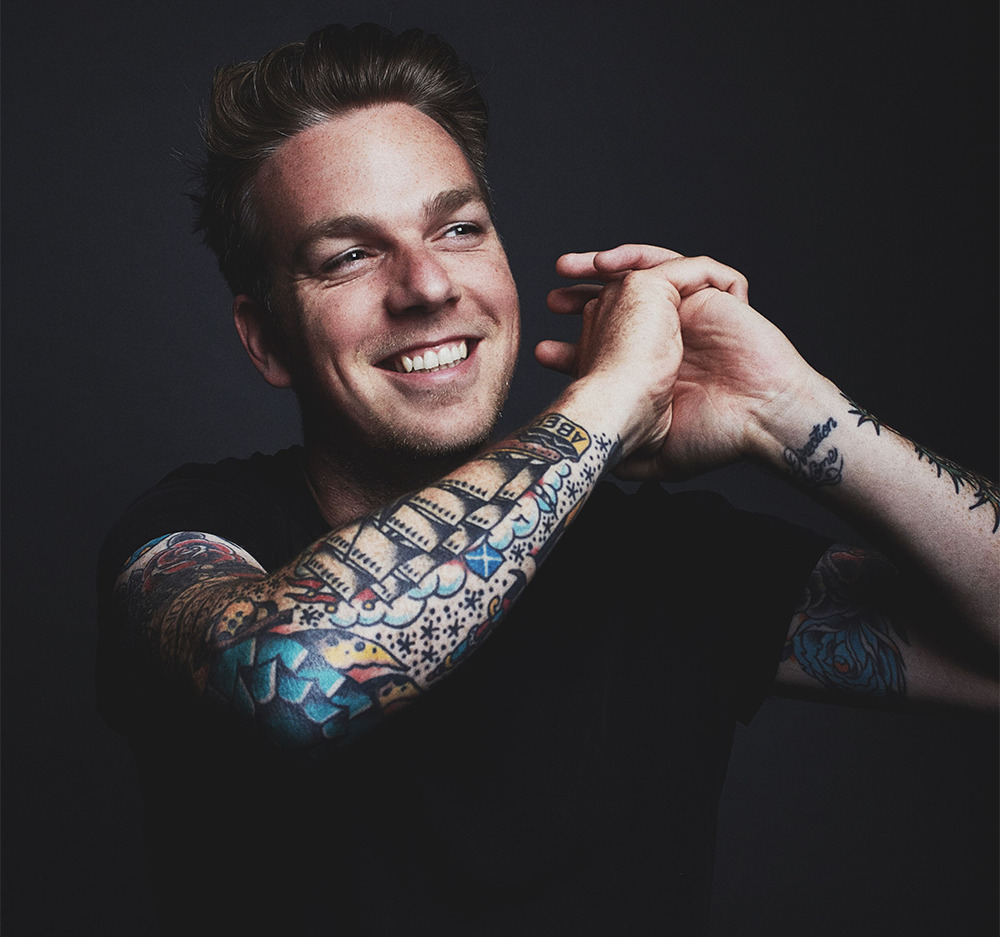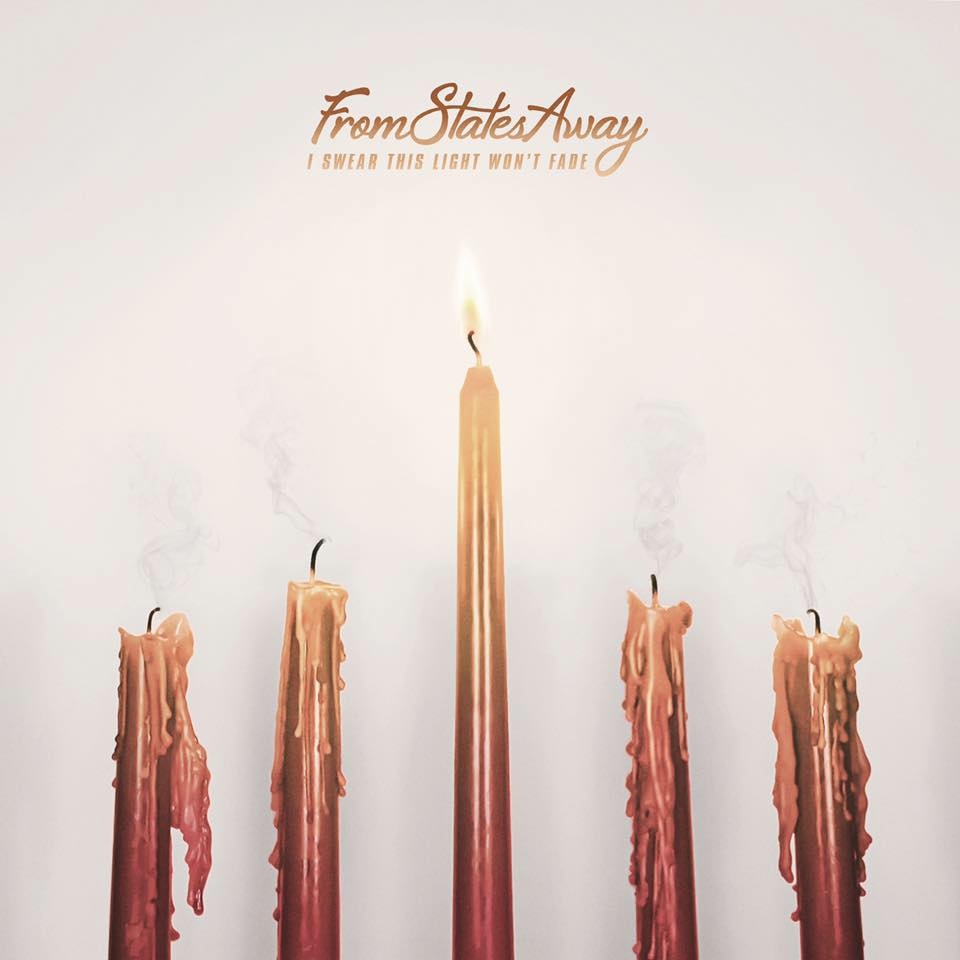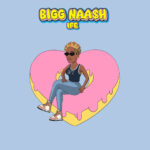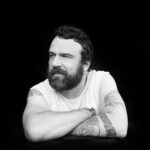After amassing huge success following the release of his LGBTQ+ anthem, “Boys In the Street,” a couple years ago, Greg Holden really snagged my attention. However, in 2016, Holden was dropped from the Warner Bros lineup. Without holding back, the singer/songwriter went back and did what he knows best: to start work on what would become one of his best albums of his career thus far.
World War Me is a power-grab. A lot of the record is as political as it is personal. And this allows Greg Holden to rise to stardom-status. Thankfully, I took a shot at interviewing Holden this month about the album, its political message, and a lot more. Check that out below.
World War Me is a personal album that tells a truly inspiring story. What do you think the most cathartic song from the album for you would be?
I’d have to say that the opening track “Nothing Changes” is probably the most cathartic song on the record for me personally. It really encompasses everything that I was, and still am going through in my life. I can’t listen to the song without worrying about myself haha.
What was the biggest challenge while self-recording the album?
Navigating my own ego. I really struggled with self-doubt, self-loathing, and fear of what people might think of this record. Will it sound as good as my last? Especially as my previous records have been recorded with world class, award winning producers. I worried that my next record would fall flat and that it would be my own fault. Not the best mindset to be in while making a record, but that’s why it’s called World War Me.
What ultimately led to your decision to record the album yourself?
A small part of it was financial. To make money from selling records in 2019 is a lot like standing on a street corner singing your songs, hoping to pay your rent from the quarters people are throwing at you. I don’t do this for money, but it is my livelihood. So, having invested in a lot of recording gear over the years, I figured it made sense financially to record the album myself. Money aside, I knew it would also be a chance for me to grow and learn, which in my opinion is actually more important.
In 2016, you were dropped from the Warner Bros roster. How did that make you feel and what allowed you to rebound?
I felt both relief and disappointment all at the same time. Relief because dealing with the red tape and bureaucracy at a major label is the most infuriating thing in the world. It takes months to decide anything because there are just way too many cooks in the kitchen. And by the time the decision has finally been made, the moment has passed and it’s too late. I was disappointed because I finally felt like I had some serious momentum going in my career; I was touring a lot with my band (which I could only pay for with Warners money), and I was starting to get a lot of spins in the US radio market. Good press was coming in, and the machine seemed to be working. It felt like things were happening. I was also due to start what would’ve been a parallel universe version of World War Me with Butch Waker (which would’ve also been on Warner’s dime), and once I was dropped that was off the table. Everything happens for a reason, but it was a bummer at the time for sure. What allowed me to rebound was the empowerment that came from making the record on my own.
In your press kit bio, you mention that World War Me was conceived after Trump was elected. How did that shape the album and do you think things like that can be used as a tool for creativity?
Well, actually I said that my single “I’m Not Your Enemy” was conceived after Trump was elected, not the record. My friend Garrison Starr and I were on tour together the day he-who-shall-not-be-named was elected, and amidst all the anger and hatred flying around, we decided to write a sort of anti-fuck-you song, and out came “I’m Not Your Enemy”, which is more of a call for peace.
I think world events have been a tool for creativity for a long time. Music can change the world in that sense. But I fear that the distraction of social media and “fame” has sucked people into their own little all-consuming brand-focused bubbles. Nobody is really singing or writing about anything political anymore, probably out of fear of losing fans or followers, or risking their music alienating itself. I was told “I’m Not Your Enemy” was too political, which is absurd. It’s about compassion and peace. I think it sucks that people in the industry are so scared of controversy these days, because there is so much to be said about what’s going on. In the 60’s, political songs topped the charts all the time, which is the music that deeply shaped who I am as a writer. That’s not really very common anymore—people are too afraid of what their fans/label will think—but I have faith that those songs are being written, and will rise to the top again.
Check out “On the Run” below.













